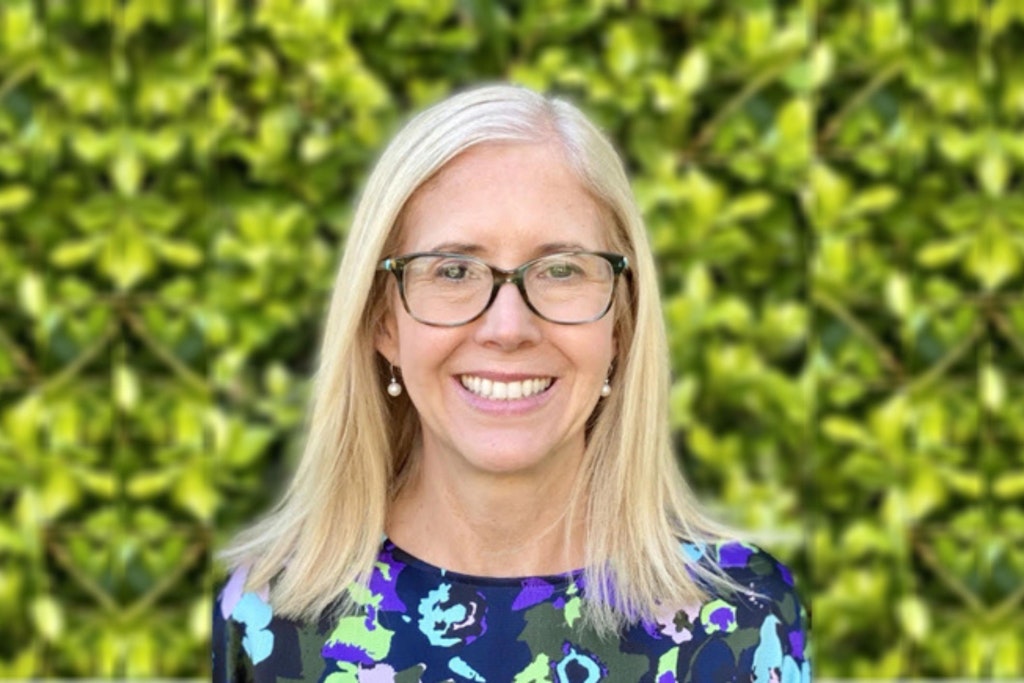Will CEOs get their way by luring staff back into the office permanently?
Last updated on 17 January 2024

International views on the future of hybrid work suggest the majority of executives want to see their staff permanently back in the office within three years with just one-quarter expecting to see work-from-home continuing. Australia could buck the trend, however, as professionals here continue to call for balanced work models that prioritise health and well-being.
Key points
- Research from KPMG’s CEO Outlook for 2023 revealed that 64% of global CEOs believe their employees will return to the office full-time within three years
- It could come at a cost, though, as almost nine out of ten executives said they expect incentives such as increased pay and promotions will be needed to entice staff to the office
- One in four respondents see a long-term future for hybrid work models while only 3% believe it will still be possible to work entirely from home
The future of hybrid work in Australia was recently explored in an ABC RN Life Matters segment. Adjunct Professor Ben Hamer, from the Edith Cowan University’s Centre for Work and Wellbeing, explains that Chief Executive Officers (CEOs) are currently waiting to see what overarching trends will help them direct staff back into the office.
“There’s a whole lot of CEOs who are waiting until the market dynamics shift, for unemployment to increase – which we expect that it will – to a point where they feel that they can comfortably come out and say, ‘Alright, game over, we’re going to go back to coming into the office,” said Mr Hamer.

“That’s really dangerous, because you’re going to really erode trust [and] you’re going to impact engagement, which will then have a flow-on effect to productivity and performance as well.”
Mr Hamer is completely in the pro-hybrid work model camp, and he views the next step as one of the most pivotal: determining how hybrid work models can work in the long term.
Research shows that 41% of full-time jobs can be completed from home; jobs that only require a computer, phone and solid internet connection. As always, this places aged care service providers in a mixed position. The vast majority of staff cannot work from home as they’re on the floor in roles that have to be completed in an aged care setting or client’s home.
But for the rest of the workforce, some remote work is possible. This flexibility has resulted in increased revenue – when comparing hybrid work models to fully in-office work models – and increased employee happiness.
Sarah McCann-Bartlett, CEO of the Australian HR Institute (AHRI), told ABC RN Life Matters employees prefer to have a minimum number of days they have to be in the office.
“While not being disrespectful to CEOs, [they] have these visions for what they want and how they like to work that doesn’t actually necessarily work in terms of… what employees want. Our research found that hybrid working is here to stay,” explained Ms McCann-Bartlett.

Similar thoughts were shared by Mr Hamer who said CEOs who push back against flexibility in the workplace are “disconnected from their people” as they don’t truly understand why staff want to work from home.
He highlighted a survey PwC conducted where workers have seen their priorities shift from wanting to work at home to complete chores and be with family more, to it becoming a necessity as petrol and transport costs rise.
“CEOs come from a position of privilege. They often drive into the office, they have a car space, they’re on a comfortable salary where they don’t have to worry about the cost of the commute,” said Mr Hamer.
“We found that the number one reason why they like to work from home is not so they can do a load of washing in between meetings. It’s the money that they save in a cost-of-living crisis. And that’s not recognised and appreciated by the decision-makers who are mandating them to come in.”
High cost of living pressures likely mean workers will require additional incentives to work if their commute is longer or if additional caring responsibilities place an extra burden on their time and commitments.
Therefore, CEOs should look at all opportunities to support their employees when there is the potential for a flexible work model that balances in-office requirements with employee financial and personal considerations.
The full conversation is available for streaming through ABC RN Life Matters.